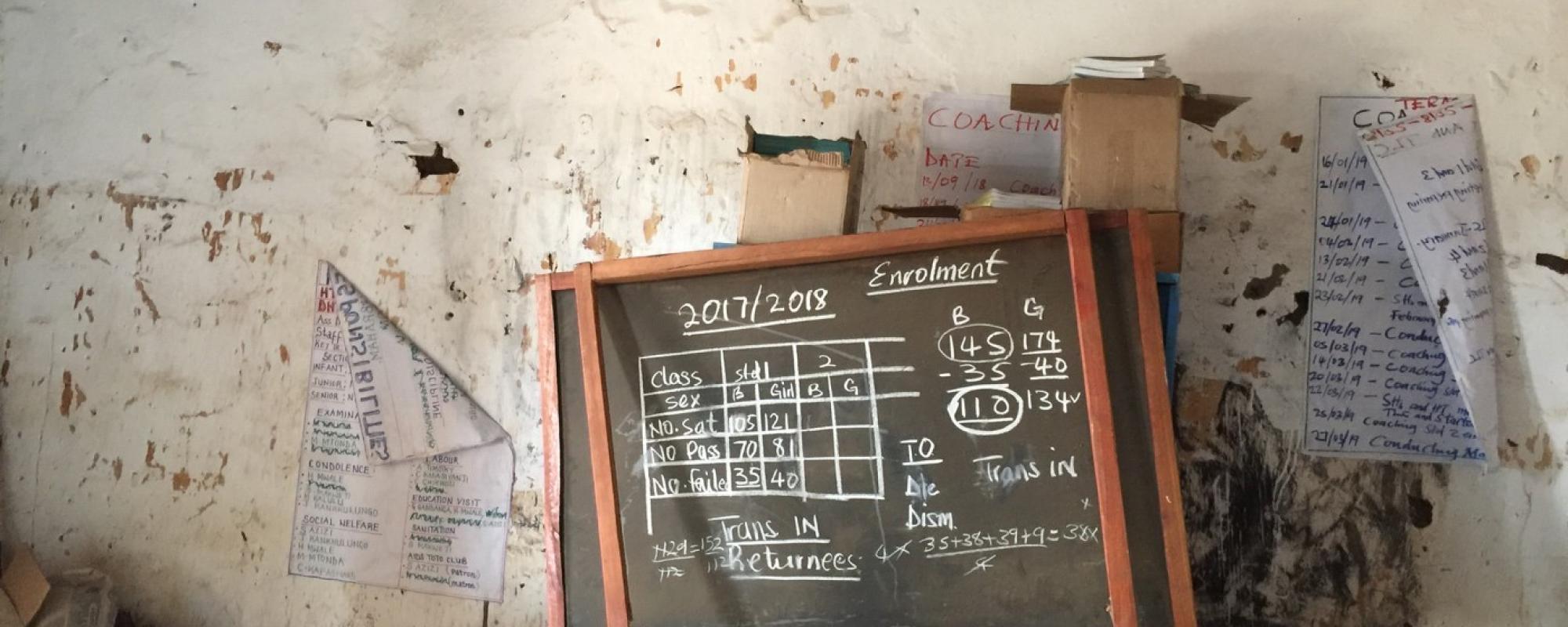How do meta-beliefs about educational performance affect perseverance and student performance in low-income contexts? We investigate this question in a lab-in-the-field experiment designed to disentangle meta-beliefs about the nature of ability and personal efficacy through video interventions. We study the effects of these interventions on the decision to exert effort, academic performance, and wellbeing among primary school students in Malawi.
Can interventions foster empowering meta-beliefs in extremely resource-deprived settings?
Despite a worldwide explosion in schooling, many students are not learning. We investigate the role that students’ meta-beliefs about educational performance play in this phenomenon. The study takes place in Malawi, where GDP per capital is less than $400 and approximately half the population is below the age of 18. While school resources are a major educational constraint, a recent study by the World Bank finds that variation within the classroom is larger than between schools and that student mindsets are predictive of school performance.
The study takes the form of a lab-in-the-field experiment with primary school students in Malawi.
